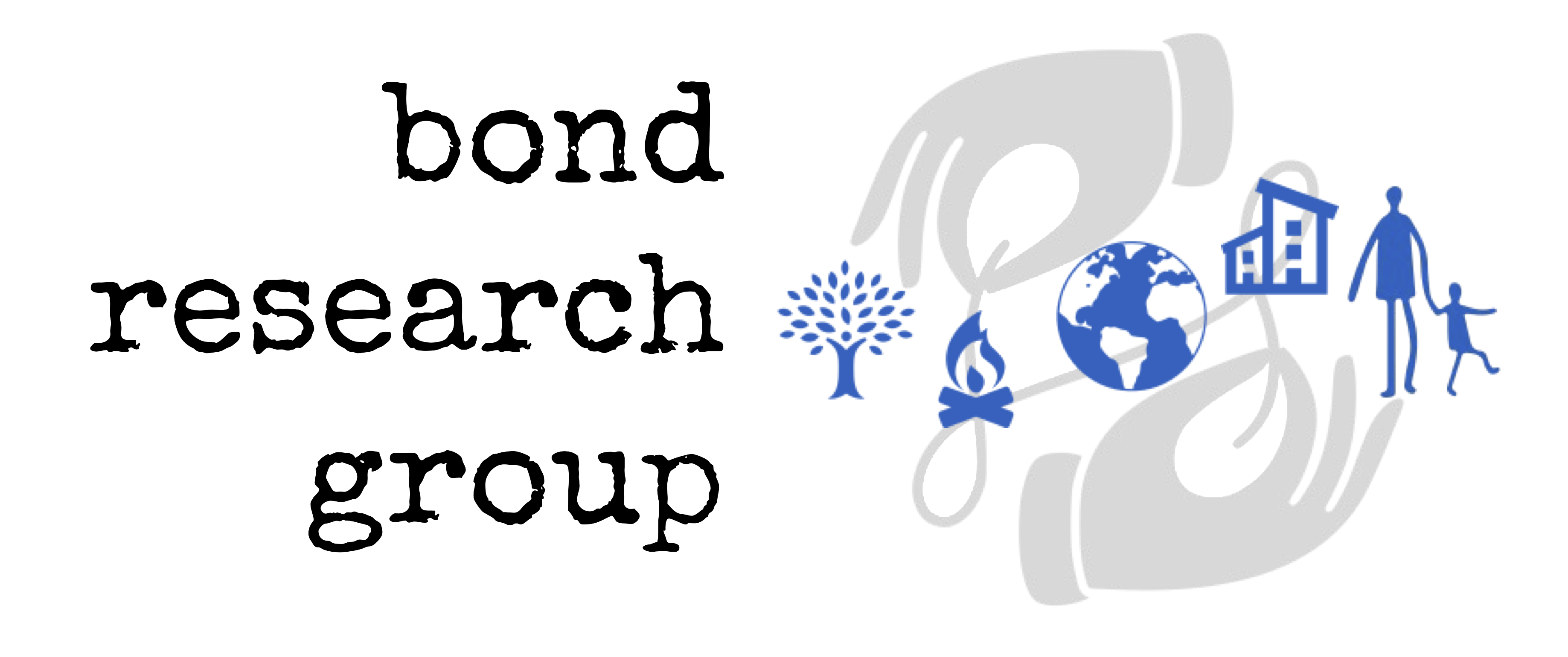about Tami
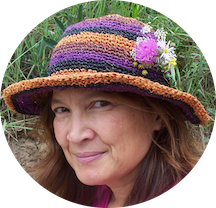
professional tags
current labels
Walter Scott, Jr. Presidential Chair in Energy, Environment and Health, Colorado State University
Professor, Mechanical Engineering; Joint Professor, Civil & Environmental Engineering; Affiliate Professor, Systems Engineering
current service
Chair, Mechanical Engineering DEI Committee
Member, EPA Scientific Advisory Board & Climate Science Subcommittee
Secretary, ISO Working Group 1 (Conceptual Framework), TC 285 on Clean Cookstoves
University of Washington Mechanical Engineering Department Advisory Board
She’s in Power Board of Directors
education
B.S. Mechanical Engineering, University of Washington, 1993
M.S. Mechanical Engineering, University of California at Berkeley (combustion), 1995
PhD Interdisciplinary (Atmospheric Science, Civil Engineering, Mechanical Engineering), University of Washington, 2000
NOAA Climate & Global Change Post-doctoral Fellow, 2000-2002
Formal training in: facilitation, mentoring, inclusivity, participatory action; Scrum Master I
recognition
short-list
Diamond Award for Alumni Achievement in Academia, University of Washington, 2022
American Geophysical Union Fellow, 2015
John D. and Catherine T. MacArthur Fellow, 2014
University Scholar, University of Illinois at Urbana-Champaign, 2012-2015
National Science Foundation CAREER Award, 2003
Fannie and John Hertz Foundation Fellow, 1996-2000
other significant sojourns
University of Illinois at Urbana-Champaign, Department of Civil and Environmental Engineering. Assistant > Associate > Full Professor – 2003-2019
University of Leeds, Priestley Centre. Leverhulme Visiting Professor – 2018-2019
Tsinghua University, Earth System Science. Senior Visiting Professor – 2011-2012
National Center for Atmospheric Research, Climate & Global Dynamics. Visiting Scientist – 2002-2003
Ecotope, Inc. Research Assistant – 1989-1993
evolution narrative
origin
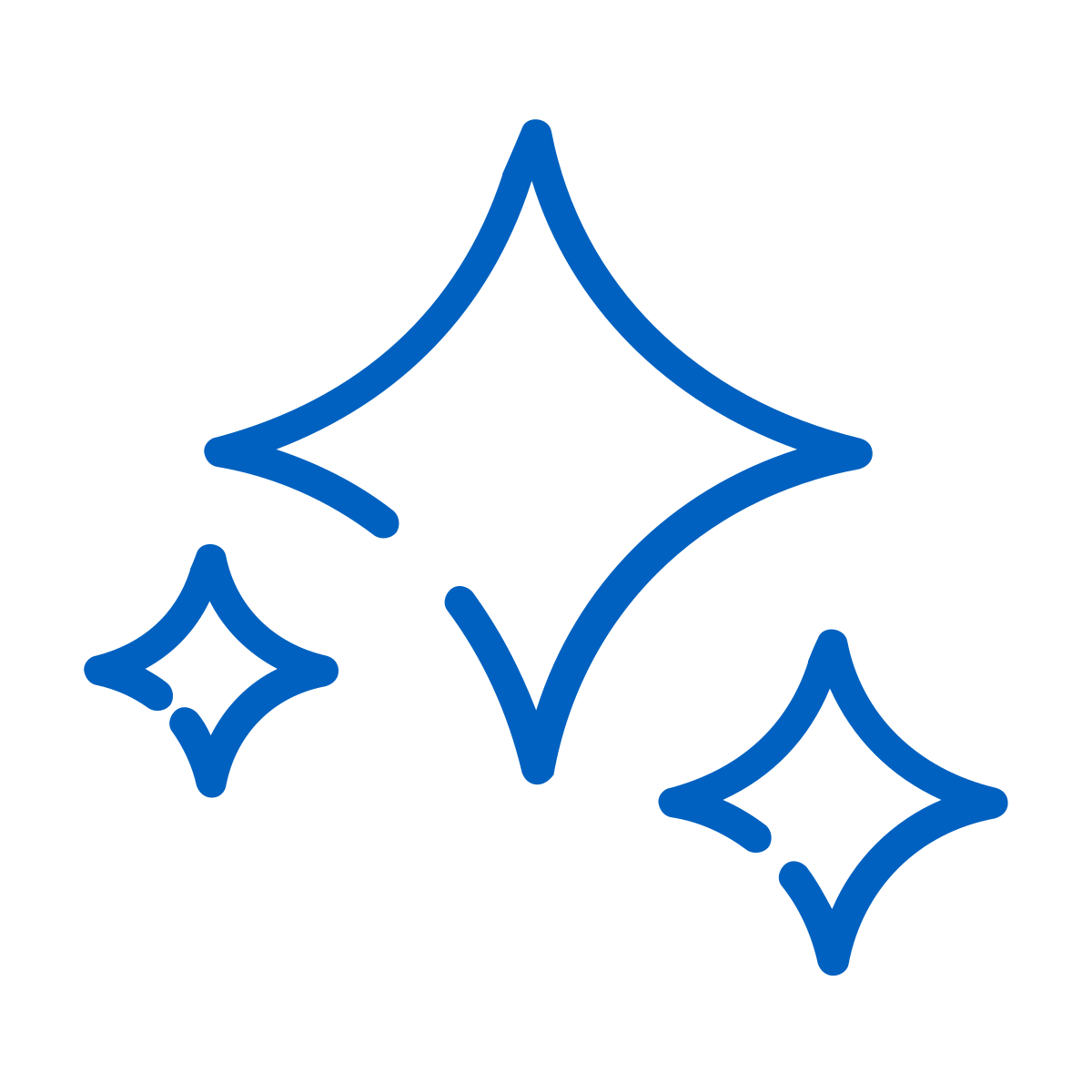
I was born in Seattle, Washington and spent a lot of my pre-adult years in Riverside, California. My mother taught me to read and to build, and my father taught me to work and to wander. I am the oldest of many, and I like all of my siblings – they are each magical in a different way. We were resource-poor but experience-rich.
primordial soup
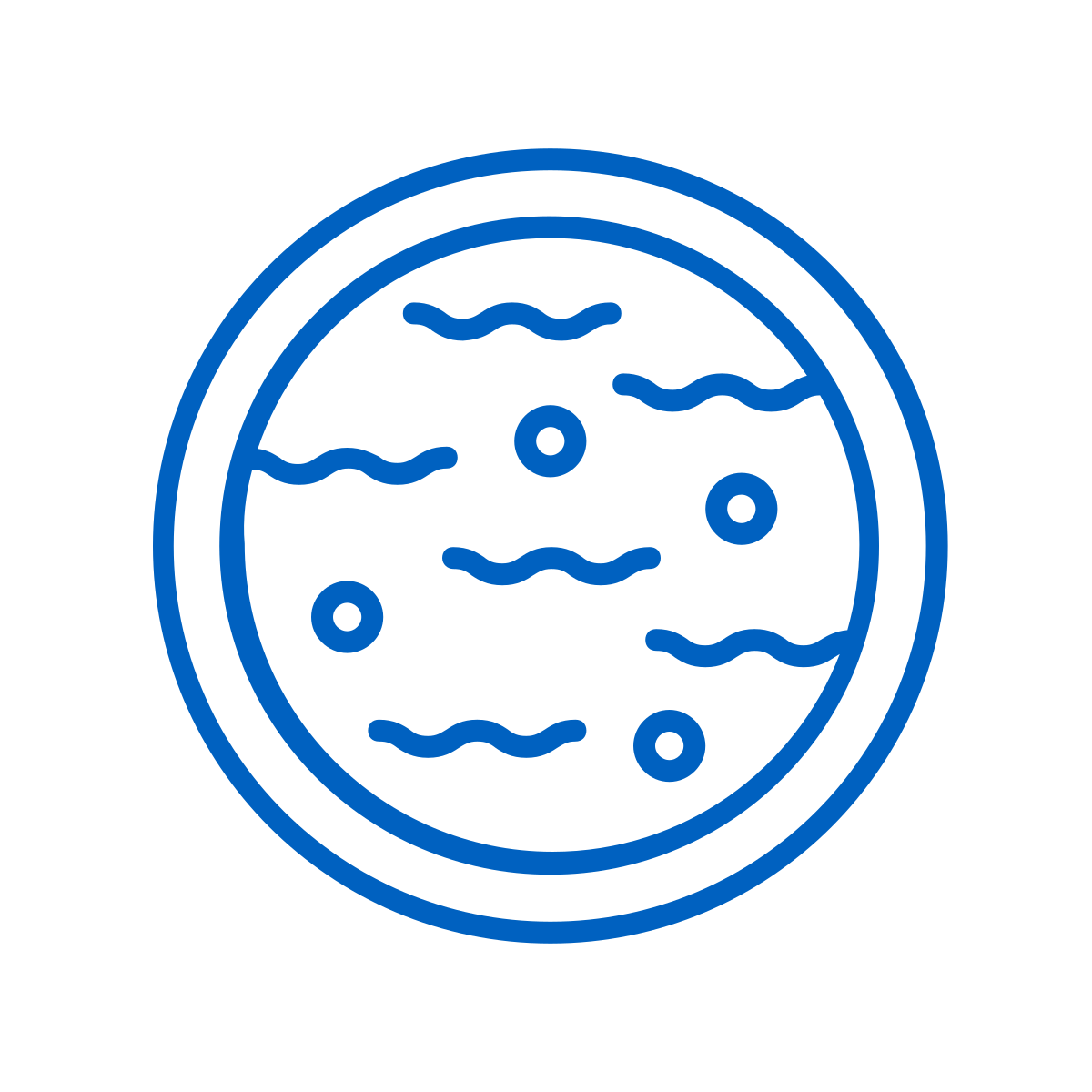
I went to college for a year, but it was expensive and didn’t work out. I floundered around for a bit and learned to do office work and program computers. When my Volkswagen Bus developed a fatal flaw and I had no money, a backyard mechanic convinced me that I could rebuild it myself and helped me do it. This was more fun than I had ever had before.
a rudimentary brain
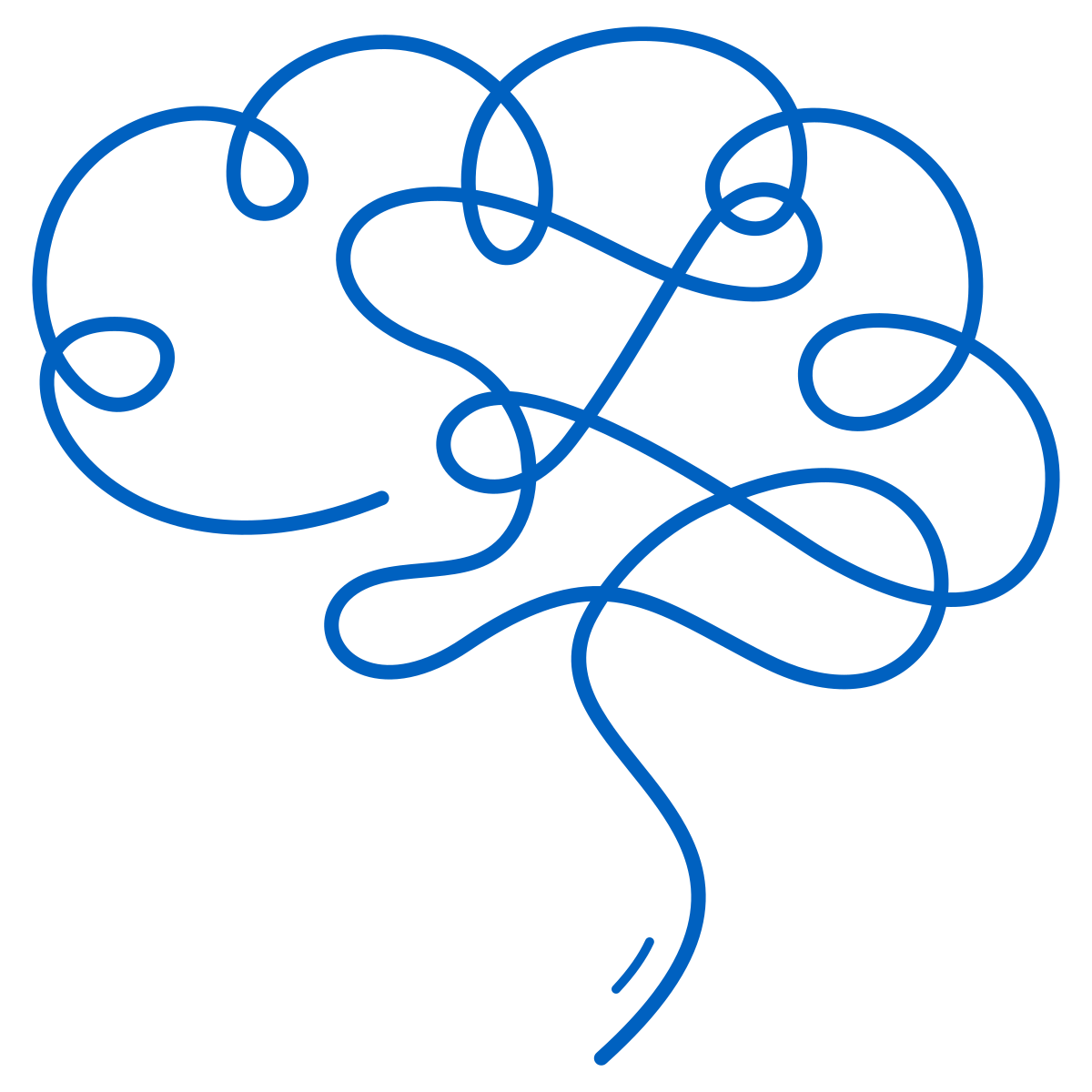
I apprenticed in an auto shop, where I learned to use tools and pull engines. I got frustrated about not being taught more, and somehow this reaction made me decide to go to engineering school. I started with community college and correspondence courses (yes, before online) and eventually transferred to the University of Washington in Mechanical Engineering. Somewhere in there I started a business writing operating software for repair shops.
sight
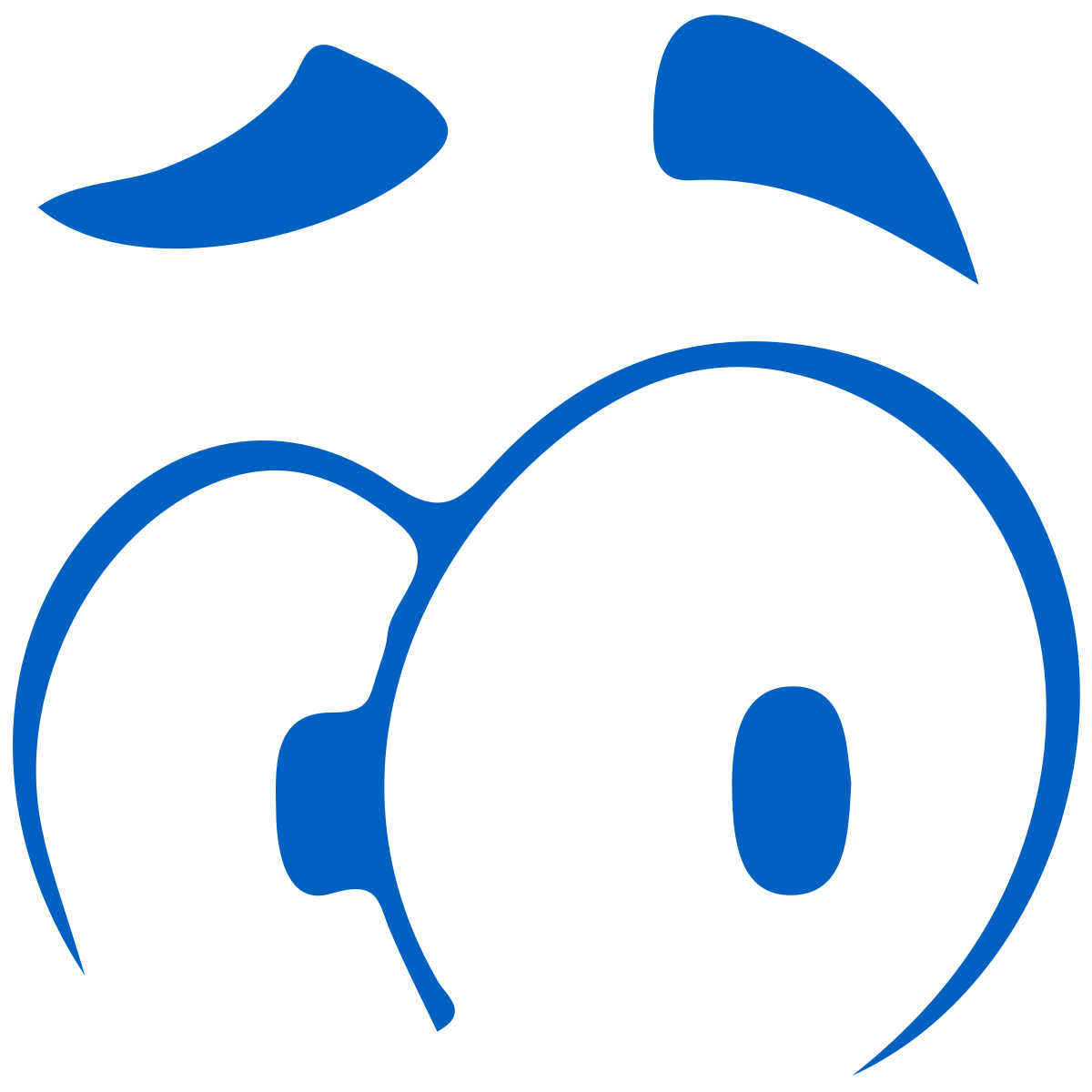
I happened to get a job at a small engineering firm in Seattle: Ecotope Inc. I was hired as a secretary but advanced to research assistant. I thought this was normal. We did work on energy and airflow in buildings and so I learned field work and data analysis. I had an intense and brilliant mentor, Larry Palmiter, who taught me to dig down to scientific bedrock. This is how I paid my way through college, until I got a department scholarship in the last year.
land emergence
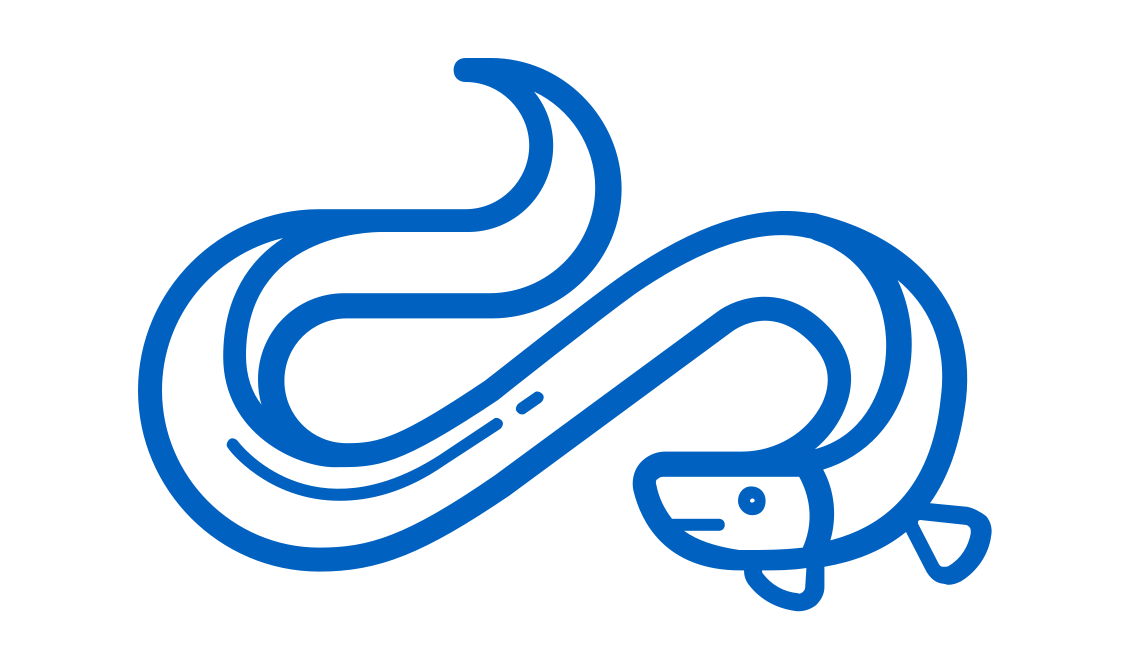
That working while studenting thing had been exhausting, and I didn’t feel quite done with education, so I decided to go to grad school. I really liked thermo and fluids and systems, and went to Berkeley because I was attracted to the can-do attitude in Bob Dibble’s combustion lab. I liked the lab, but I didn’t so much like doing combustion alone, because I wanted to know more about environmental relevance. I got married, so it also made sense to re-think my location.
legs
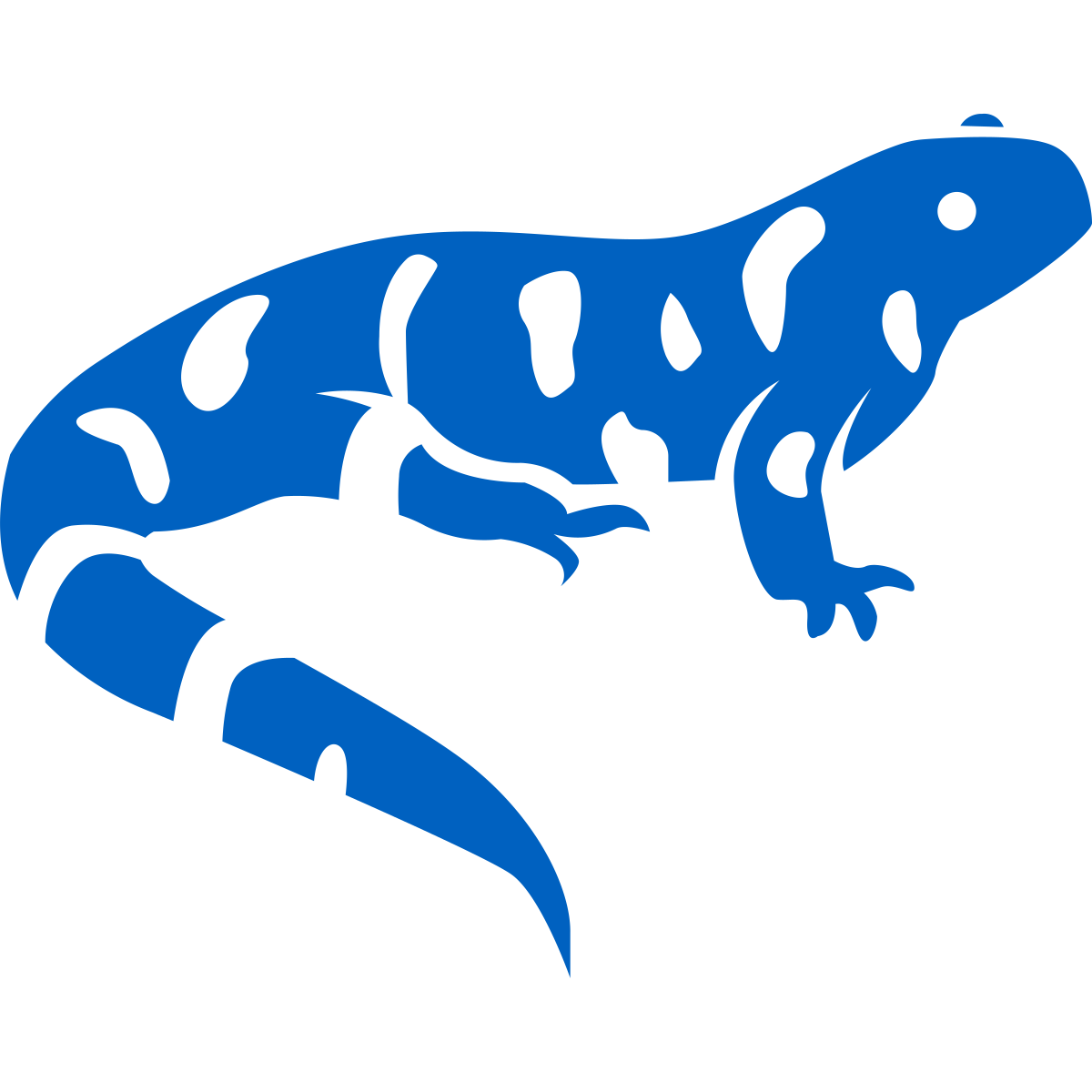
I had met Bob Charlson as an undergrad, and he had told me about the interdisciplinary PhD at University of Washington. I made up a degree program that bridged combustion, air quality, and atmospheric science and involved measuring soot and light absorption from different kinds of burning. Atmospheric scientists call this absorbing material “black carbon.” My committee included Bob, Tim Larson (chair), Phil Malte and John Kramlich. The first measurements were made in Leipzig as the former East Germany was modernizing. I measured boilers, diesel engines, and residential coal in different stoves. People who liked me would send me coal. My two children were born during this time.
standing
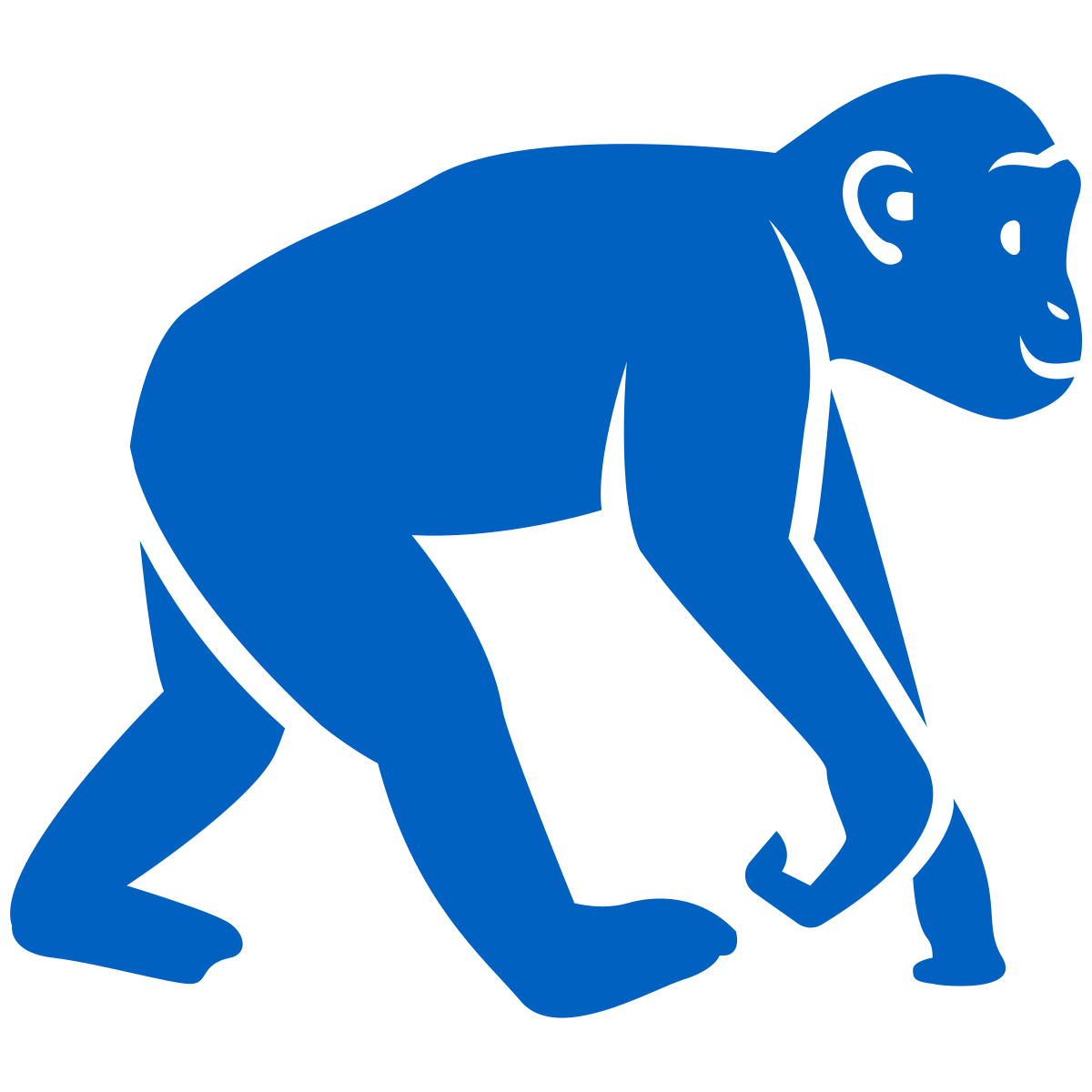
I got a post-doctoral fellowship to measure combustion products of solid fuel with atmospheric instruments. The work involved lots of cleaning solvents and dilution air. I also wondered whether my measurements were important for the big picture, so I started making emission inventories. My database background came in handy there. I accidentally discovered that I liked teaching when I made a bargain to take on a course in exchange for dirty lab space. And I started talking to cookstove people and learning about all the capacity issues that make great technical principles fail in practice.
setting up camp
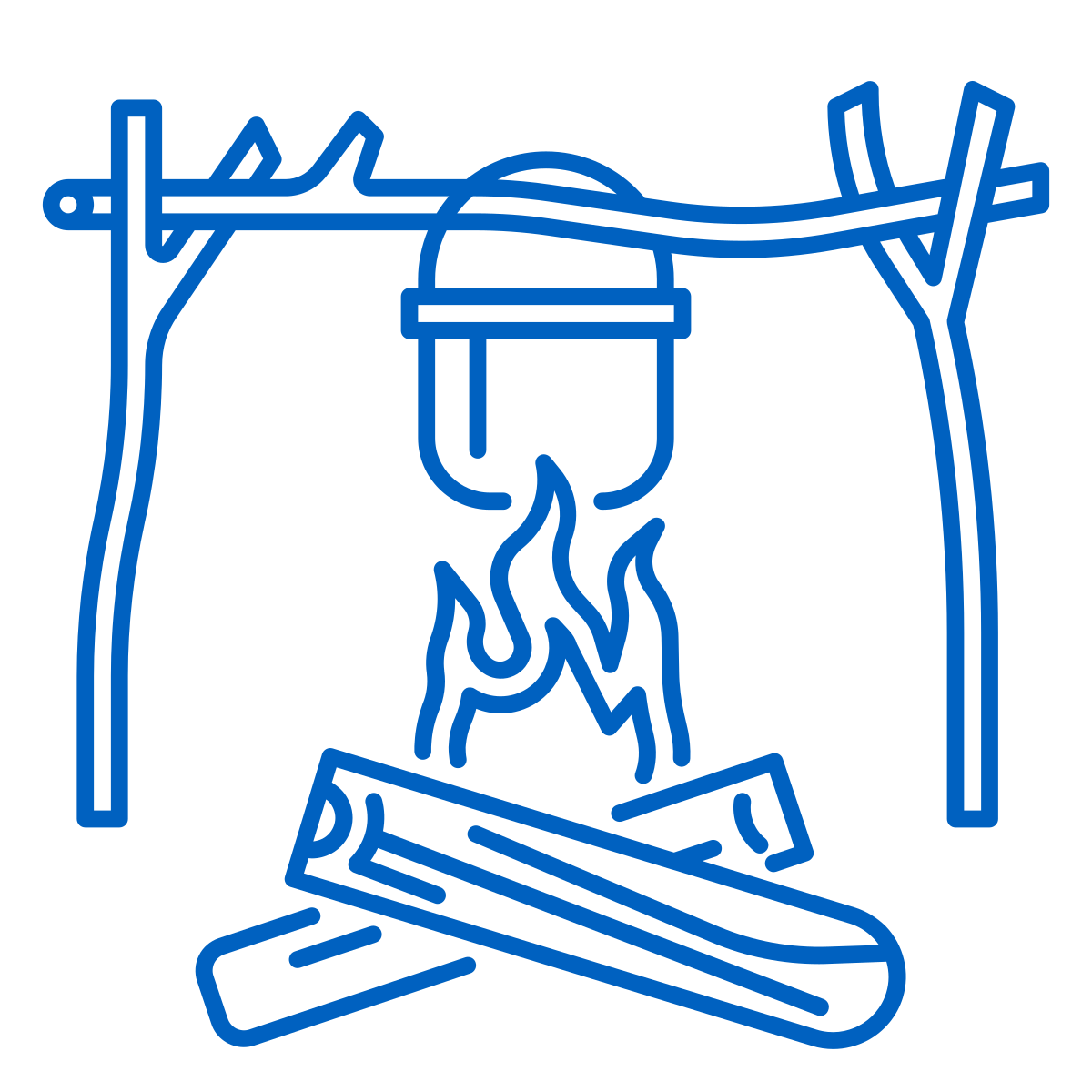
Not many career tracks would give me the freedom to explore all the things I wanted to. Surprisingly, the University of Illinois gave me a job as an assistant professor. The discussion about short-lived climate forcers got going during this time, spurred by papers from Jim Hansen and Mark Jacobson. I built emission measuring devices, did emission inventories, and tried to make my work policy-relevant. We set up emission measurement labs and procedures for testing cooking stoves and I tried to figure out light absorption. A further surprise was getting tenure, since I was more interested in doing useful work than in chunking out papers. A lot of this work is summarized on my “Products” page.
trading posts
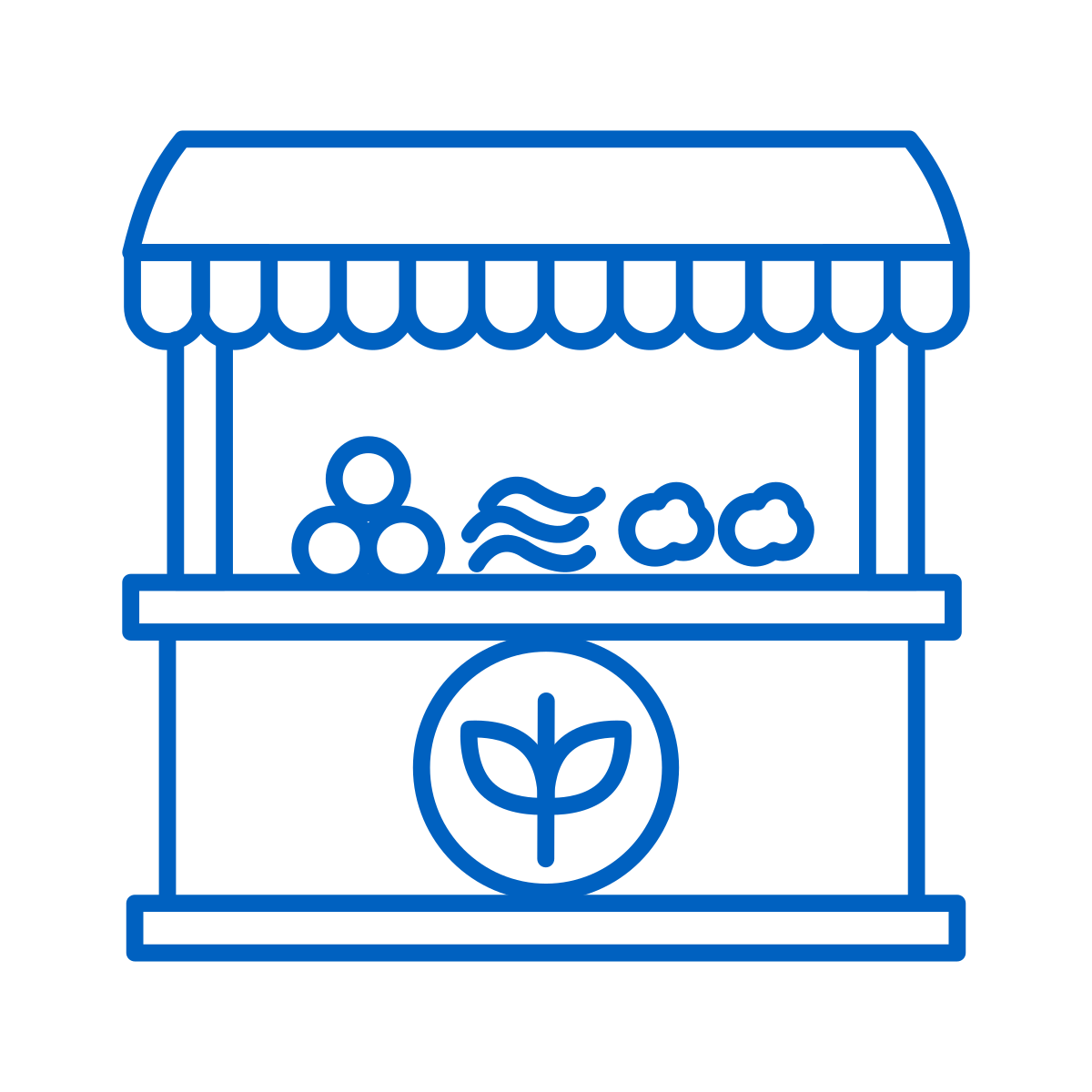
I had intended to work on emission inventories during my sabbatical in beautiful Beijing, but Tsinghua was already doing a great job there, and I spent most of the year working on a rather long paper and thinking about futures. Black carbon emissions come from many small sources and poor combustion. Observing them taught me that the story of black carbon, and the story of a changing climate, is the story of vulnerability. I started writing bigger grants and collaborative projects, trying to get at levers of systemic change. (See “Products” page again.) My legacy expertise started to feel confining as I couldn’t ignore aspects of the human systems that create emissions.
embarking
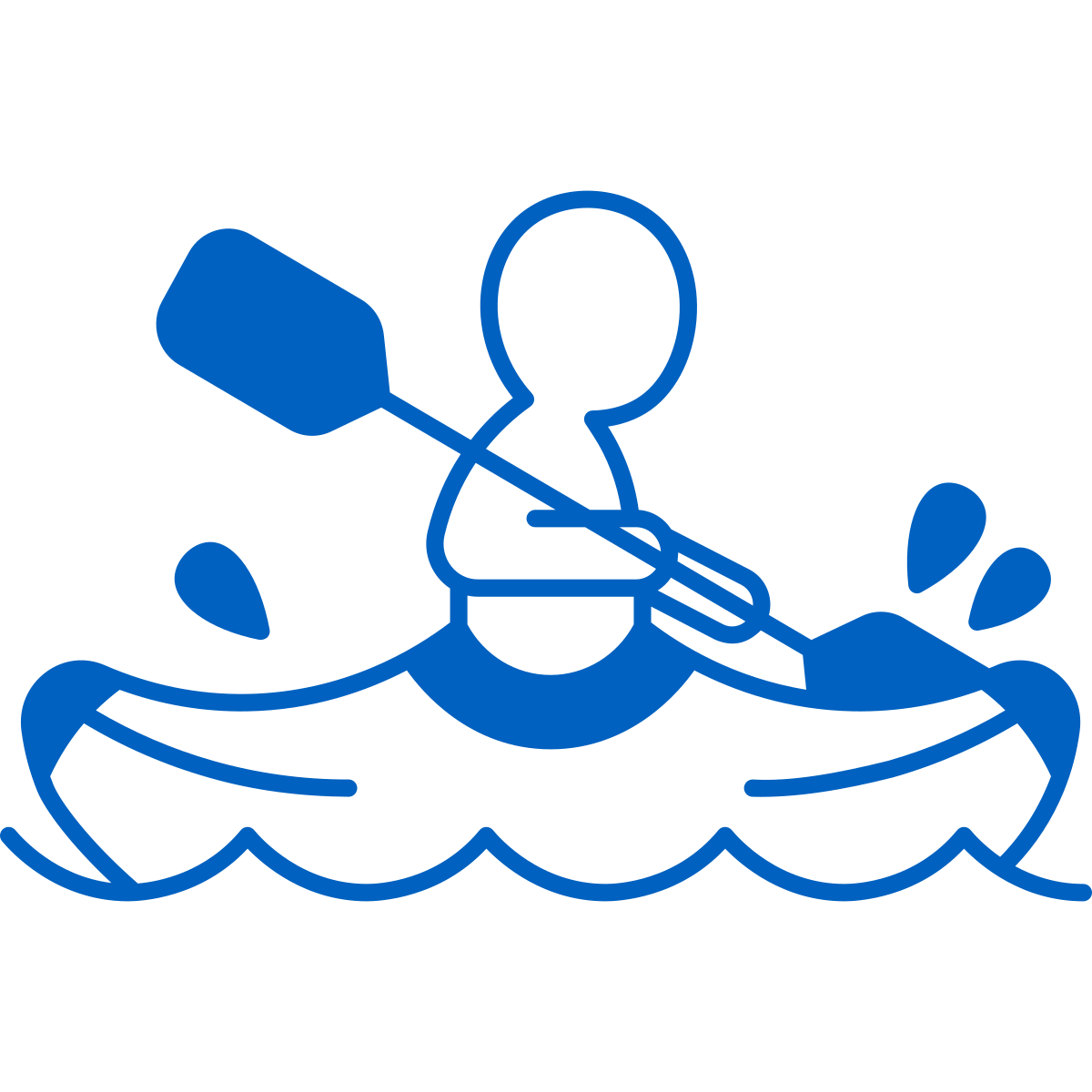
I talked to quite a few people who are lumped into the category “social scientists,” and began to recognize their flavors. I started wondering why some problems remained persistent in international development. I became mystified about why institutions seek to perpetuate their own operation instead of challenging themselves to achieve their stated missions. Then, I was flabbergasted (to put it mildly) to receive a MacArthur Fellowship for my work on black carbon. I did know one thing: black carbon wasn’t the problem, and I could do justice to the honor only by figuring out what was. I haven’t written any papers about this.
finding villages
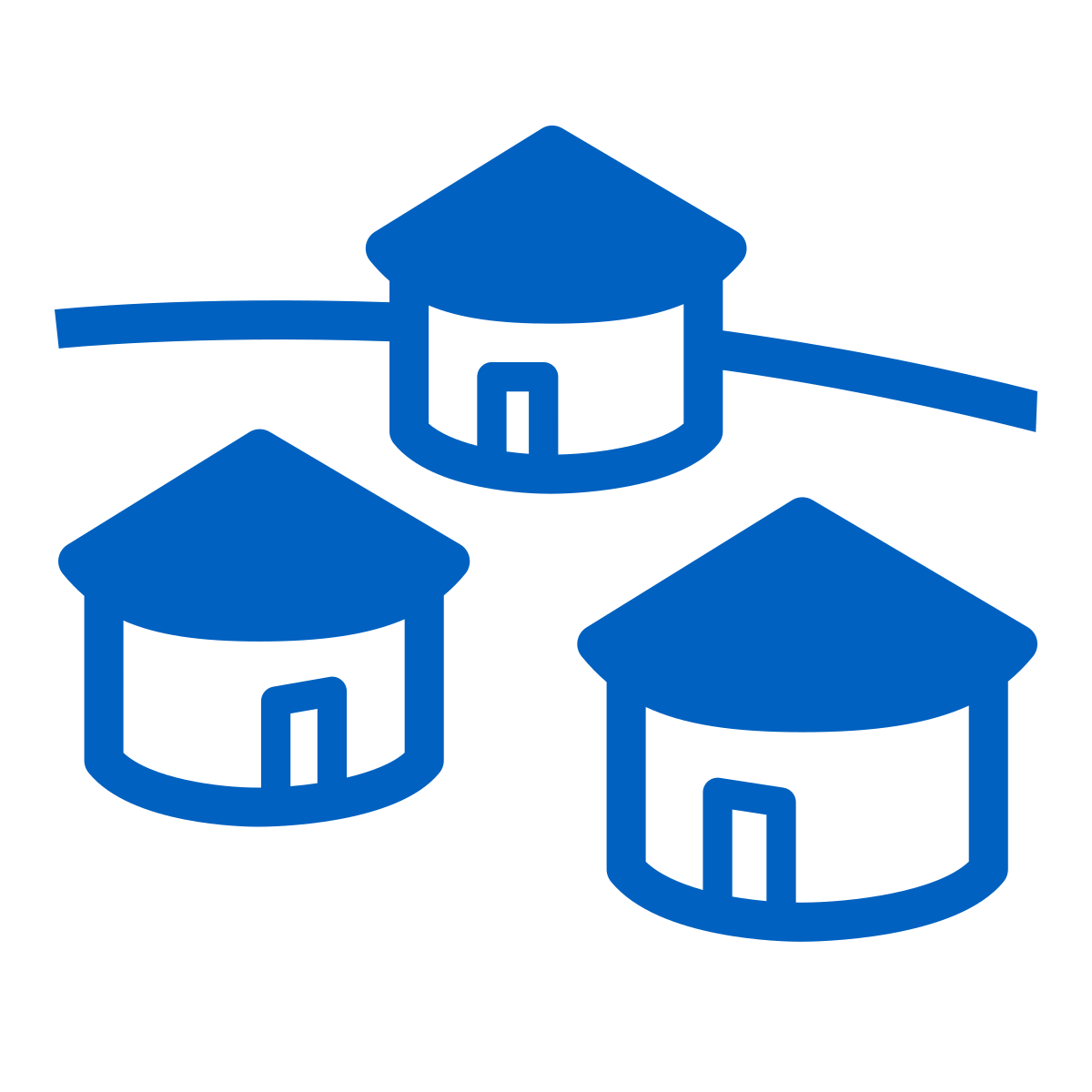
My younger child left for college and strings got a lot looser. I went to the University of Leeds for sabbatical, thinking I’d work on projections of emission and impact across income distributions. I was pleasantly surprised to find the Sustainability Research Institute where folks were actually integrating social and physical science. I realized that I needed like-minded people to help me work out big problems. I was looking for a university with a land-grant attitude, and fortunately, Colorado State University was seeking senior faculty to integrate disciplines across campus and emphasize energy, environment, and health. I am pretty lucky to be here. I write only proposals that I want to do, with people who I’m excited about working with, on topics that I think will make a difference.
notes
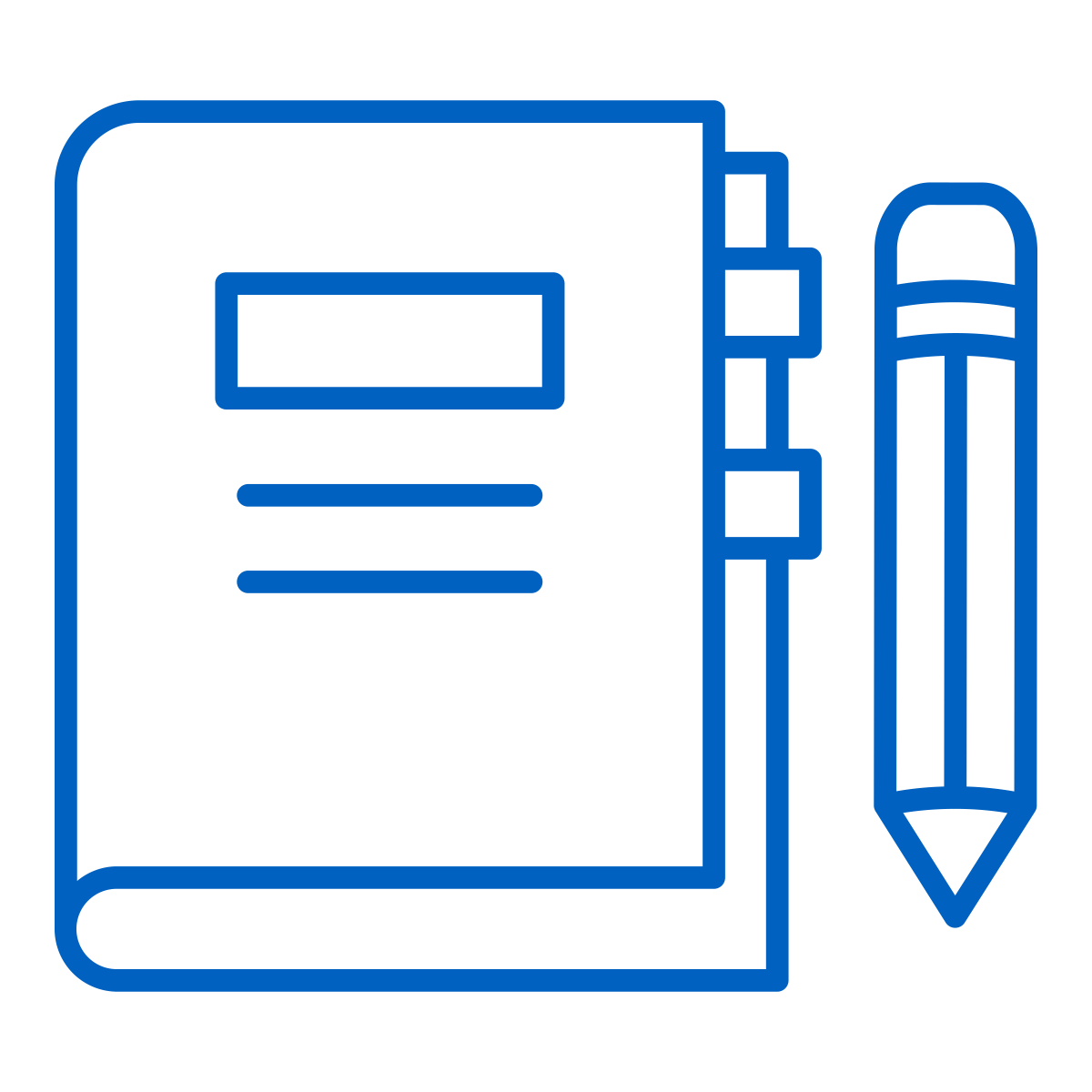
What I’ve shared above is rather factual. Of course, there have been some very personal experiences that altered my perspective and direction, and I’m happy to talk about these but won’t post them.
Not advice, but things I have done that ended up working well for me: (1) Acknowledge and respond to cognitive dissonance; (2) Go away for sabbatical; (3) Find good mentors, therapists and coaches.
